The ‘swag gap’: are you better than your partner?
The viral terminology sheds light on power dynamics in modern relationships
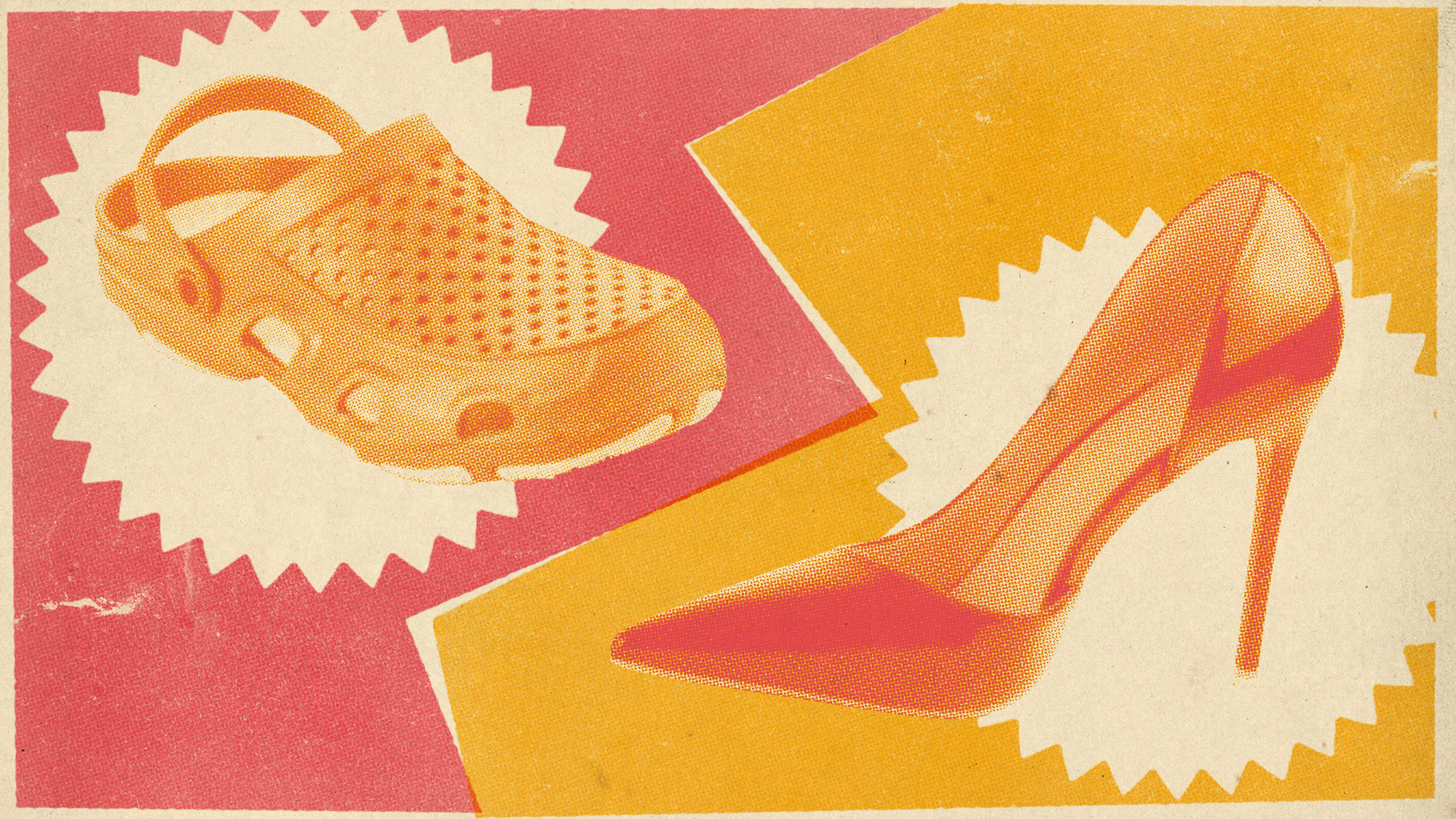
A free daily email with the biggest news stories of the day – and the best features from TheWeek.com
You are now subscribed
Your newsletter sign-up was successful
Modern dating is constantly evolving. With a slew of new phrases being used to describe relationships, it’s not hard to see why the “swag gap” is gaining traction.
Young people are shining a light on the “dangers of dating someone with less swag than you”, said Cosmopolitan. A person who has an “all-around more polished aesthetic” than their partner may be setting themselves up for “public humiliation and awkward situations”.
Self-esteem and power dynamics
The scope of the swag gap goes beyond appearances. It can also refer to “differences in success, fame, confidence,” said the BBC.
The Week
Escape your echo chamber. Get the facts behind the news, plus analysis from multiple perspectives.

Sign up for The Week's Free Newsletters
From our morning news briefing to a weekly Good News Newsletter, get the best of The Week delivered directly to your inbox.
From our morning news briefing to a weekly Good News Newsletter, get the best of The Week delivered directly to your inbox.
A couple with a swag gap can make it work if the one with less swag is a “cheerleader and proud of their partner” rather than feeling “emasculated or resentful”, said TikToker Isabella Duffy.
This opens up a wider discussion on “self-image, attraction and the idea of power in relationships”, said Forbes. A 2021 study assessed 1,093 heterosexual couples to find that self-esteem and sensitivity to relationship conflict are negatively correlated. Having a swag gap can influence “personal confidence and the overall emotional health of the relationship”.
The surge in comparisons within couples can be attributed to increased use of social media. People are constantly “measuring” themselves and their partners against others. As a result, insecurities are heightening and the swag gap seems “more significant than it actually is”. Dating apps also provide “endless alternatives" and "opportunities” to look for better suited companions.
A 2024 study found that those perceiving themselves to have “higher power” in the relationship placed less value in their partner and were “more likely to show interest in others”. This is because they “prioritise their own desires, sometimes at the expense of their partner”.
A free daily email with the biggest news stories of the day – and the best features from TheWeek.com
‘Complementary rather than competitive’
It can be a downer when your other half isn’t “pulling their weight in terms of self-presentation”, said GQ, but it shouldn’t be a dealbreaker. Successful couples can be “superficially mismatched but emotionally rock-solid”.
Only seeking partners who match your “taste, personality and career” goes against the fundamental understanding of human relationships. Being with someone who has different interests can be “exciting” and open one up to new experiences.
For a relationship to be successful, the couple’s differences should be “complementary rather than competitive”, said Forbes. “One partner may enliven social situations, while the other’s grounded presence can add stability and depth.”
Deeya Sonalkar joined The Week as audience editor in 2025. She is in charge of The Week's social media platforms as well as providing audience insight and researching online trends.
Deeya started her career as a digital intern at Elle India in Mumbai, where she oversaw the title's social media and employed SEO tools to maximise its visibility, before moving to the UK to pursue a master's in marketing at Brunel University. She took up a role as social media assistant at MailOnline while doing her degree. After graduating, she jumped into the role of social media editor at London's The Standard, where she spent more than a year bringing news stories from the capital to audiences online. She is passionate about sociocultural issues and very enthusiastic about film and culinary arts.
-
 The Olympic timekeepers keeping the Games on track
The Olympic timekeepers keeping the Games on trackUnder the Radar Swiss watchmaking giant Omega has been at the finish line of every Olympic Games for nearly 100 years
-
 Will increasing tensions with Iran boil over into war?
Will increasing tensions with Iran boil over into war?Today’s Big Question President Donald Trump has recently been threatening the country
-
 Corruption: The spy sheikh and the president
Corruption: The spy sheikh and the presidentFeature Trump is at the center of another scandal
-
 Heated Rivalry, Bridgerton and why sex still sells on TV
Heated Rivalry, Bridgerton and why sex still sells on TVTalking Point Gen Z – often stereotyped as prudish and puritanical – are attracted to authenticity
-
 Admin night: the TikTok trend turning paperwork into a party
Admin night: the TikTok trend turning paperwork into a partyThe Explainer Grab your friends and make a night of tackling the most boring tasks
-
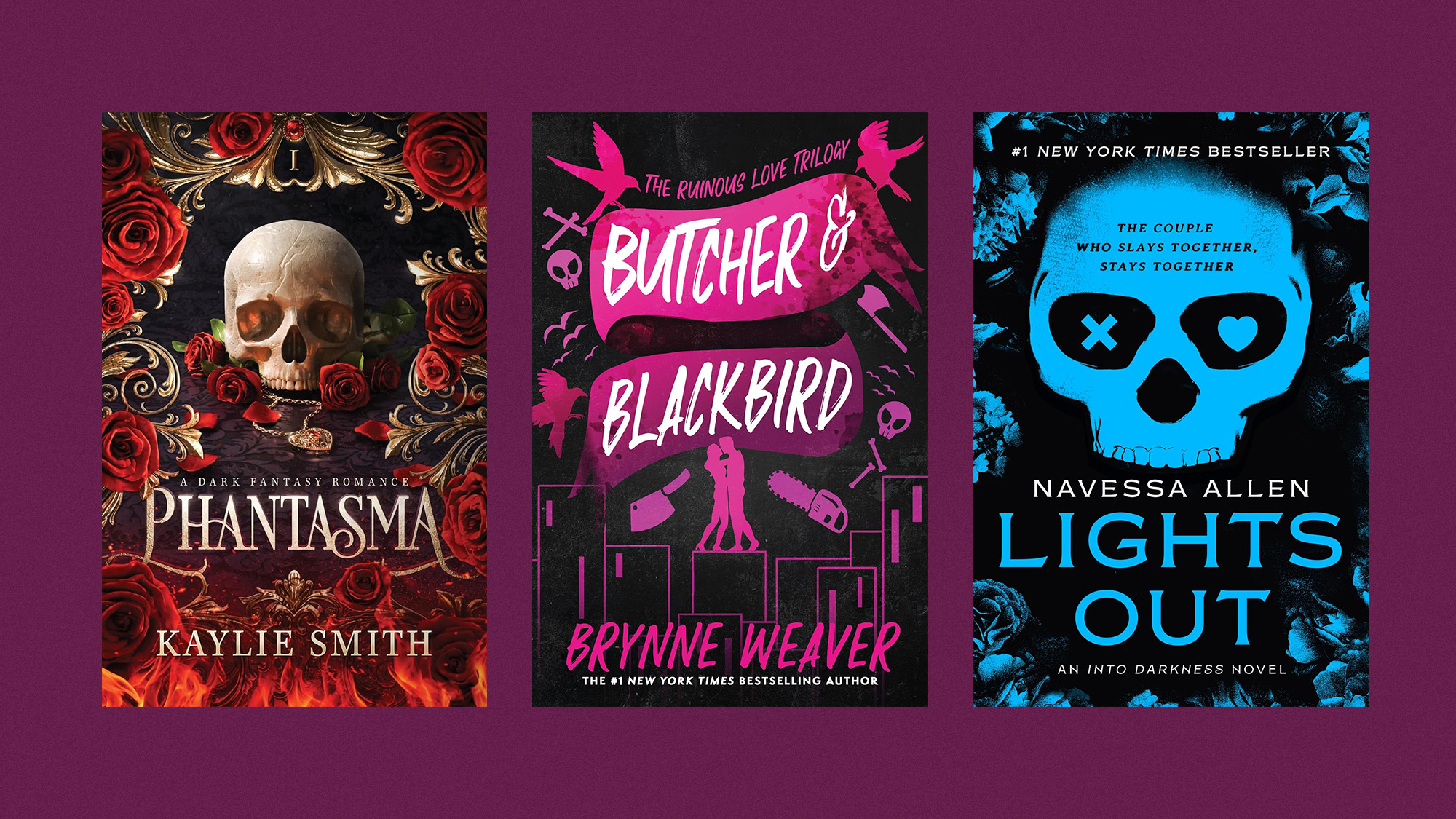 The best dark romance books to gingerly embrace right now
The best dark romance books to gingerly embrace right nowThe Week Recommends Steamy romances with a dark twist are gaining popularity with readers
-
 13 Gen Z workplace terms and phrases
13 Gen Z workplace terms and phrasesin depth From ‘quiet firing’ to ‘resenteeism,’ there are clues about why employers and employees in America are having such a sad time
-
 More than a zipper: Young Black men embrace the ‘quarter-zip movement’
More than a zipper: Young Black men embrace the ‘quarter-zip movement’The Explainer More than a zipper: Young Black men embrace the ‘quarter-zip movement‘
-
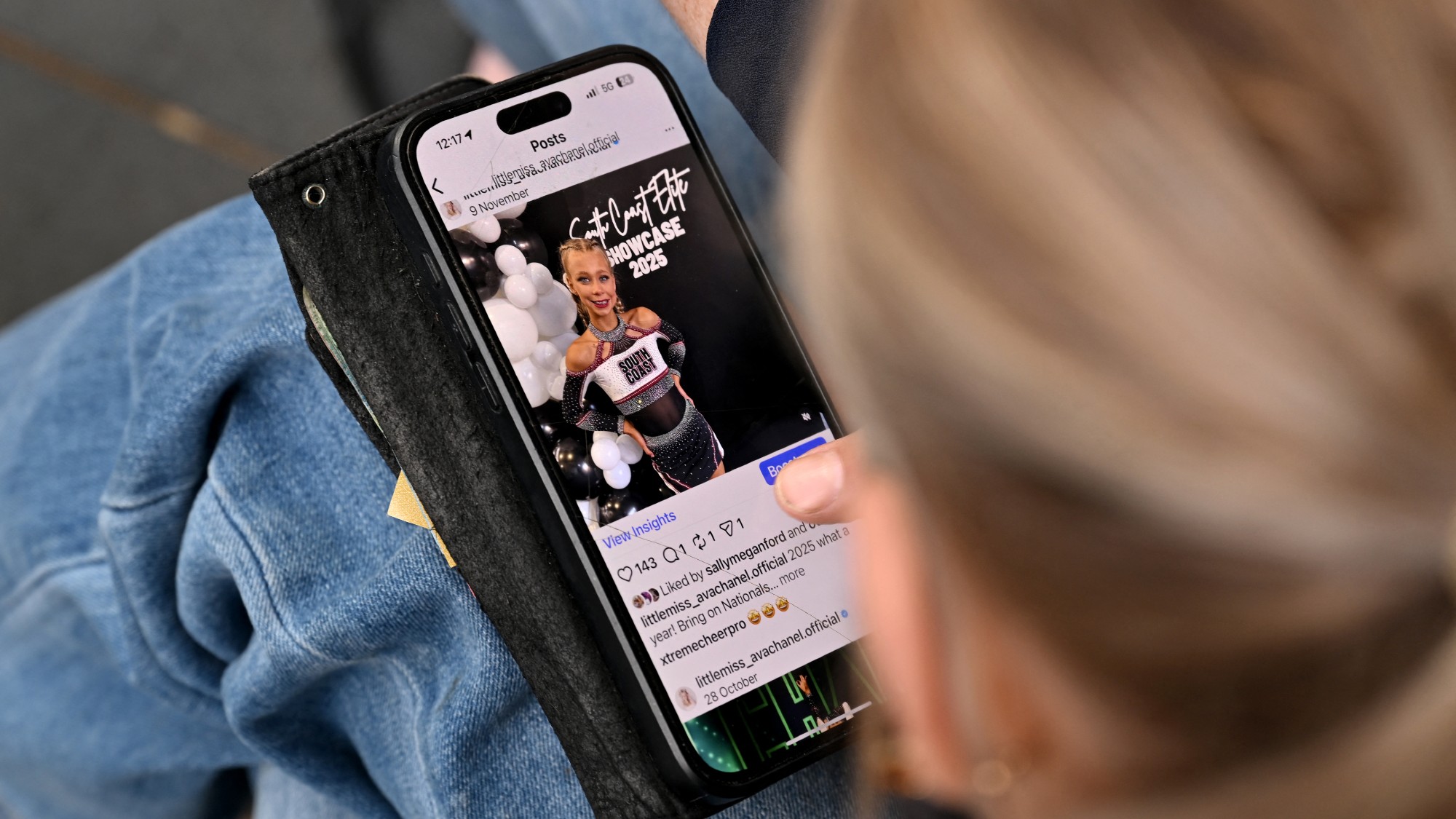 Australia’s teens brace for social media ban
Australia’s teens brace for social media banIn The Spotlight Under-16s will be banned from having accounts on major platforms
-
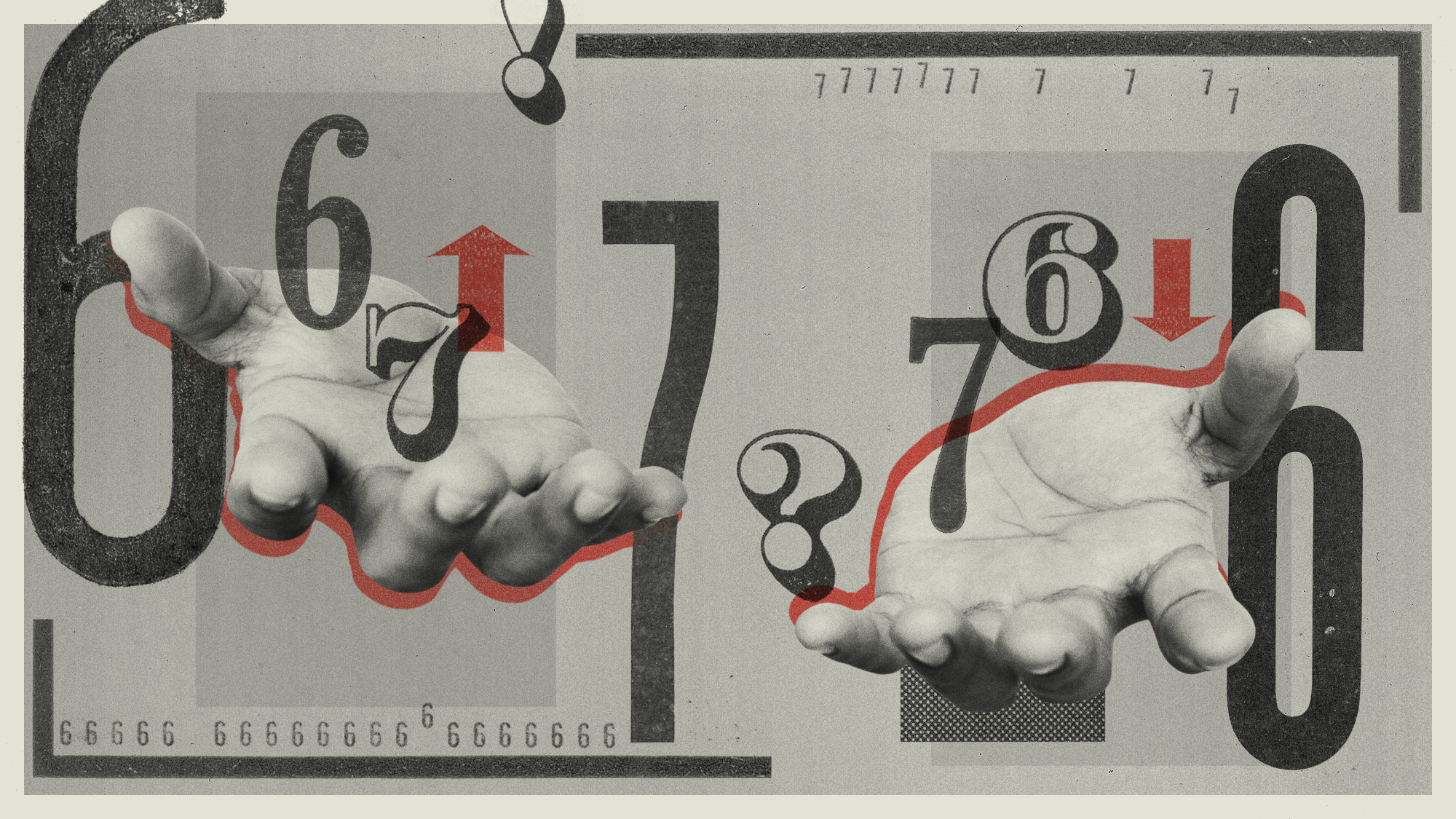 The six-seven meme that has taken over the world
The six-seven meme that has taken over the worldIn the Spotlight With roots in rap and basketball, the phrase has young people obsessed, and it could be here to stay
-
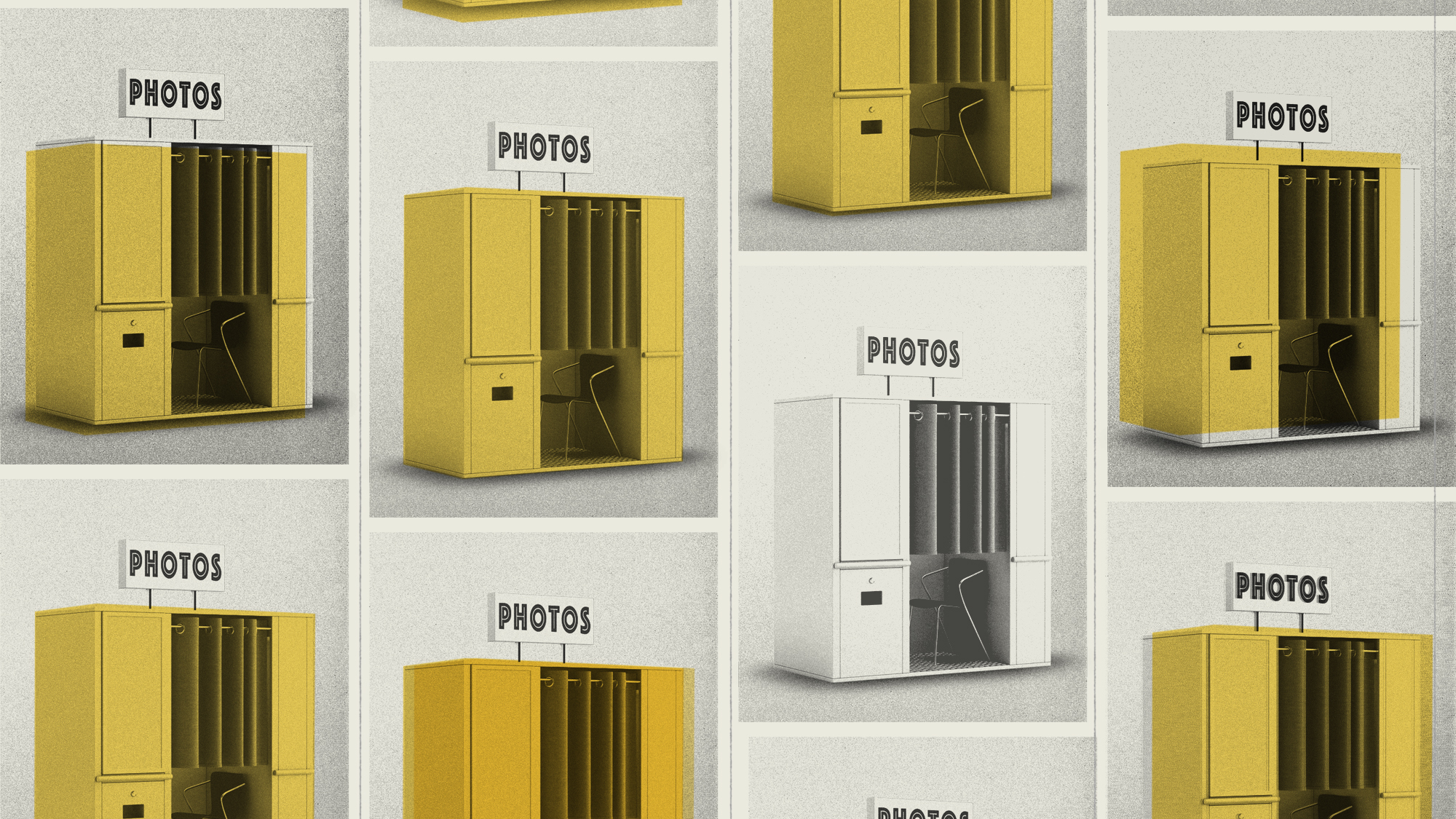 Why photo booths are enjoying a revival
Why photo booths are enjoying a revivalIn The Spotlight It’s 100 years since it first appeared, but the photo booth is far from an analogue relic